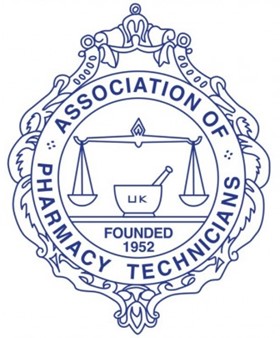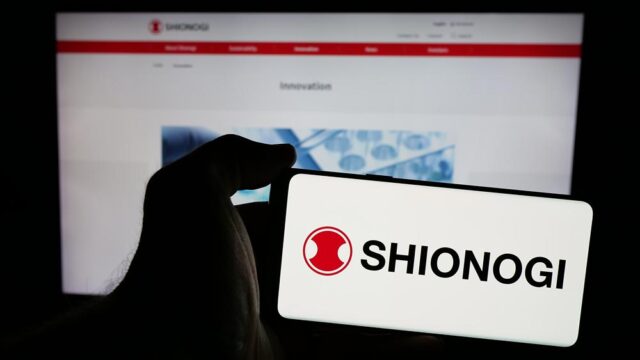Advertisment
The scope of the pharmacy technician’s role

Pharmacy technicians work in a wide variety of settings and have an integral role in ensuring the safe and effective use of medicines. We spoke to Claire Steele, President of the Association of Pharmacy Technicians UK (APTUK), to find out more.
APTUK, the professional leadership body of pharmacy technicians in England, Wales, Scotland and Northern Ireland, has now been in operation for 70 years. It is “run by pharmacy technicians for pharmacy technicians”, Ms Steele emphasises. She undertakes the role of president alongside her day-job as a pharmacy technician working for NHS-Fife in Scotland. This involves representing the profession at key stakeholder meetings and providing leadership and strategic direction to ensure that the profession’s potential is realised. APTUK sees itself as being “a major influencer in shaping future models of care, creating and safeguarding roles for pharmacy technicians and, ultimately, improving outcomes for patients”, explains Ms Steele. To this end she works with a number of bodies including the Pharmacy regulator, other regulatory bodies, professional bodies and associations, government departments, employers and training providers to provide the voice of the pharmacy technician. APTUK is a company limited by guarantee which means that it is a not-for-profit organisation. In addition to being president, Ms Steele is a director of APTUK with responsibility for the organisation’s financial and business activities.
Registered healthcare professionals
Pharmacy technicians are registered healthcare professionals and, as such, they are responsible and accountable for their own safe practice. “We have an integral role in helping patients make the most of their medicines safely. The role of the pharmacy technician spans all areas of pharmacy practice …… and we work with pharmacists, pharmacy support staff and other members of the healthcare team to support the safe and effective use of medicines”, says Ms Steele. The role of the pharmacy technician expanded quite significantly when professional registration was introduced in 2011. Pharmacy technicians now work in many different areas including procurement, manufacturing, medicines optimisation, [medicines] governance, public health, clinical services, research, service management, medicines information, medicines administration and education and training. Pharmacy technicians also have a role to play in supporting other services that are linked to the use of medicines, for example, smoking cessation services and blood pressure monitoring services both of which are recent additions deliverable by pharmacy technicians within the Community Pharmacy contractual framework in England, she explains.
Pharmacists have a different educational background from pharmacy technicians. Pharmacists undertake a master’s degree whereas pharmacy technicians undertake a vocational training program. “The two professions work alongside each other to provide pharmaceutical care ……….. We are two professions but we are very much one team”, says Ms Steele. Pharmacists who have undertaken additional training are able to prescribe medicines whereas pharmacy technicians do not have this option. Pharmacists (and some other healthcare professionals) are also able to operate under a Patient Group Direction to allow the supply and administration of medicines without a prescription in certain situations. “We’re expecting a consultation on enabling pharmacy technicians to undertake this activity in the near future”, says Ms Steele.
Read and watch the full series on our website or on YouTube.
APTUK is the professional leadership body for pharmacy technicians working in all pharmacy sectors across all countries in the UK: England, Northern Ireland, Scotland and Wales. Find out more here – https://www.aptuk.org/






